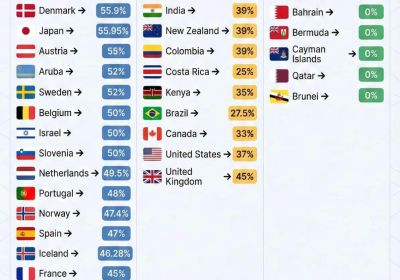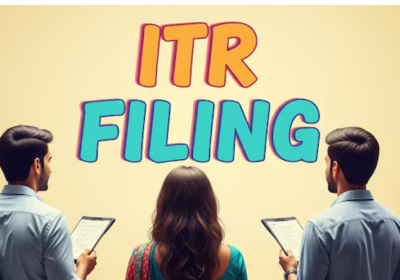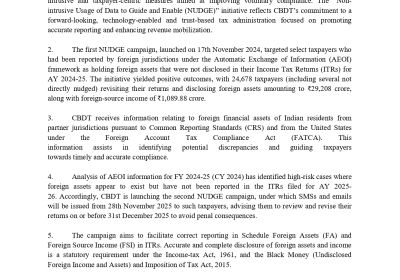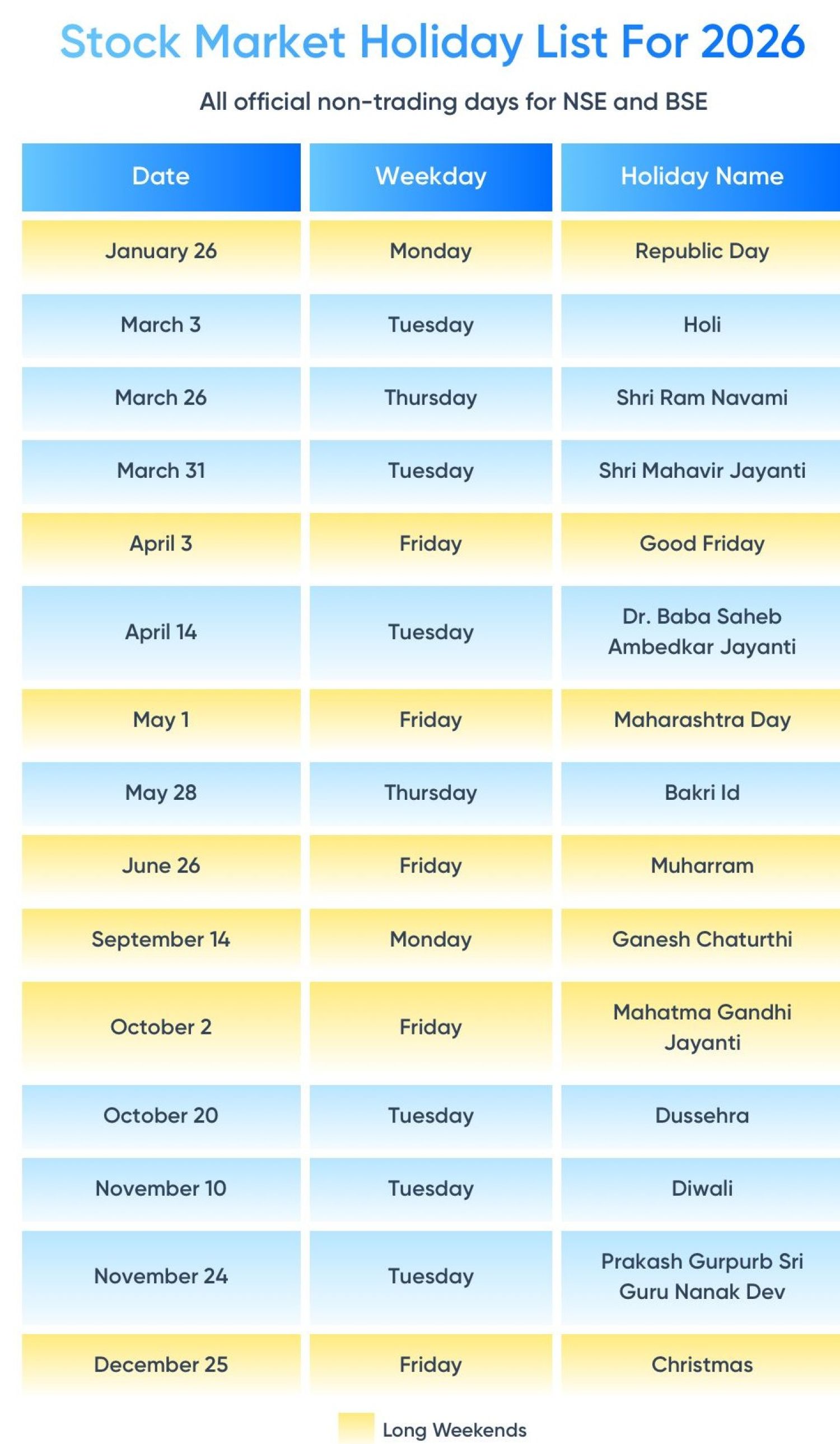Table of Contents
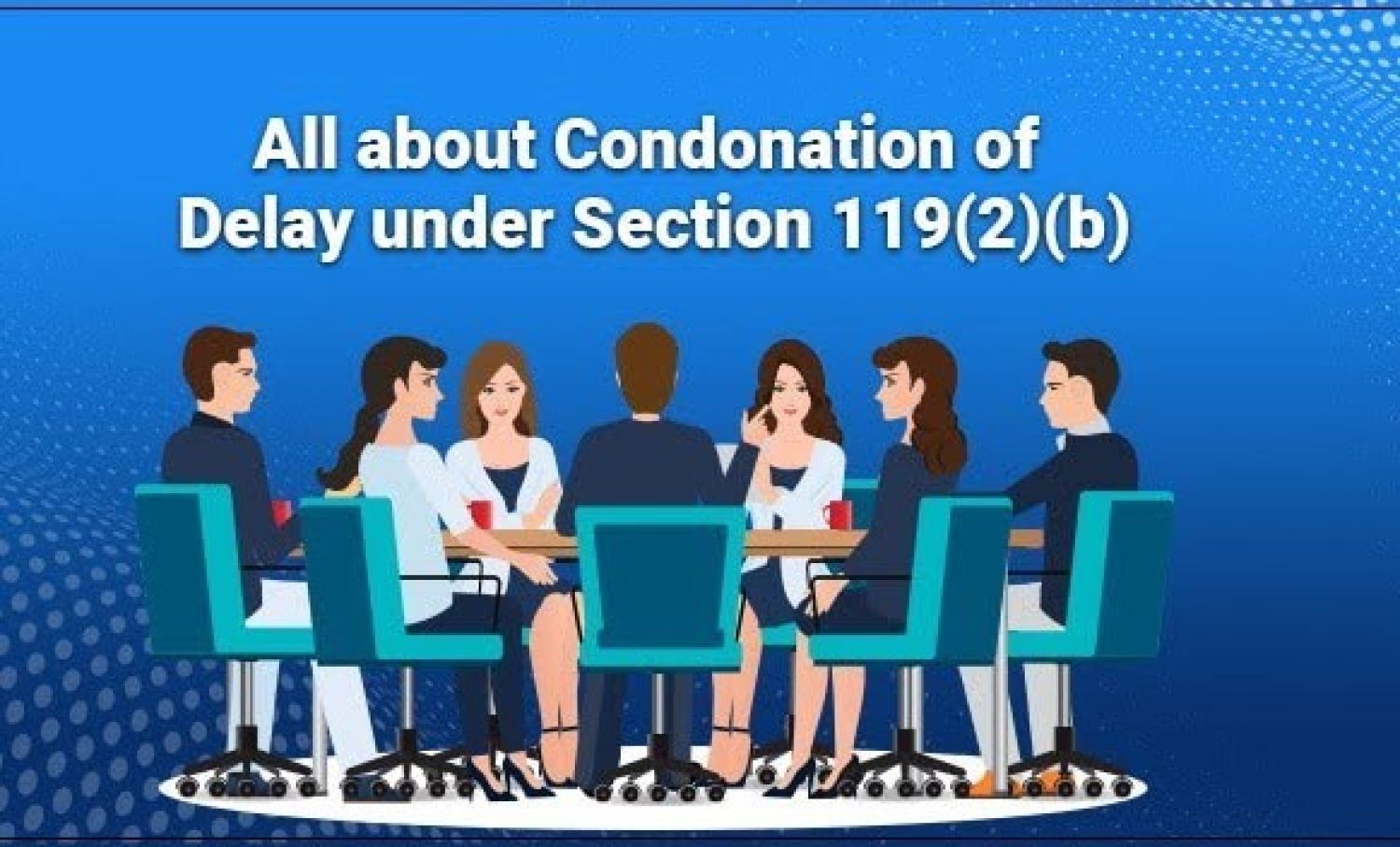
Overview of Section 119(2)(b) Application for Condonation of Delay
Section 119 of the Income Tax Act empowers the Central Board of Direct Taxes (CBDT) to issue instructions to lower levels of tax authorities for the proper administration of the tax laws. This section provides the CBDT with the authority to ensure that the provisions of the Act are correctly and uniformly enforced.
Section 119(2)(b) specifically empowers the CBDT to direct tax authorities to allow claims for exemptions, deductions, refunds, or any other relief under the Income Tax Act, even if these claims are made after the expiry of the prescribed time limit. This provision ensures that taxpayers can still receive benefits they are entitled to, despite missing deadlines due to circumstances beyond their control.
Circumstances Beyond Control:
For the CBDT to consider condoning the delay, the taxpayer must demonstrate that the failure to make the claim within the prescribed due date was genuinely out of their control. This ensures that only deserving cases, where taxpayers had a legitimate reason for the delay, are considered.
Time Limit for Claims:
Applications for refund claims or carry forward of losses can be accepted beyond the due date. However, such applications cannot be entertained if they are more than six years old from the end of the relevant assessment year. This limitation ensures that claims are not excessively delayed, maintaining a balance between taxpayer relief and administrative efficiency.
CBDT Circular Dated 9.5.2015:
The CBDT has issued specific guidelines to streamline the process of accepting or rejecting applications for condonation of delay. These guidelines help ensure consistency and fairness in decision-making.
Authorities and Claim Amounts:
- Claims Not Exceeding INR 10,00,000/-: These claims are handled by the Principal Commissioner of Income Tax or the Commissioner of Income Tax.
- Claims Exceeding INR 10,00,000/- but Less Than INR 50,00,000/-: These claims are dealt with by the Principal Chief Commissioner of Income Tax or the Chief Commissioner of Income Tax.
- Claims Exceeding INR 50,00,000/-: These claims fall under the purview of the CBDT itself.
Decision Timeframe:
Condonation applications must be decided within six months from the end of the month in which they are received by the competent authorities. This guideline ensures timely processing of applications, providing certainty to taxpayers regarding the status of their claims.
Process for Filing an Application under Section 119(2)(b)
Follow Step-by-Step Guide : To apply for condonation of delay under Section 119(2)(b),
1. Access the official Income Tax e-filing portal at https://www.incometax.gov.in/iec/foportal/.
2. Log In: Use your ID and password to log in to your account on the portal.
3. Access Condonation Request:
- Once logged in, navigate to the dashboard. Click on Service and select Condonation Request from the dropdown menu.
- On the Condonation Request page,
- Choose Allow ITR filing after time-barred option.
4. Initiate a new condonation request.
- When you reach the Enter Details & Upload ITR page, proceed with the following details.
- Select the appropriate options from the provided choices: Request Category, Assessment Year, ITR, Claim Value, Filing Type, Reason for Delay, ITR Type
5. Use the Upload ITR option to submit the relevant Income Tax Return. The file should be in PDF or XLS format.
6. Upload Supporting Documents: Click on Upload documents to submit any supporting documents that justify your condonation request.
7. Submit and e-Verify: Choose an appropriate option for e-verification. Upon successful e-verification, you will receive a confirmation message along with a Transaction ID.
8. Submit your application to the tax authority designated to handle claims of the specific amount you are claiming (as per the guidelines mentioned above).
9. After submitting the request, proceed to the e-verify page. By following these steps, you can effectively file a condonation of delay request under Section 119(2)(b) using the Income Tax e-filing portal. Ensure you have all necessary documents and details ready before starting the process to facilitate smooth and timely submission.
Await Decision: The competent authority will review your application and decide on it within the stipulated 6 month timeframe.
Conclusion
The provisions of Section 119(2)(b) provide a mechanism for taxpayers to seek relief even if they miss statutory deadlines due to circumstances beyond their control. By understanding and following the guidelines set out by the CBDT, taxpayers can navigate the process effectively and increase their chances of a favorable outcome.

